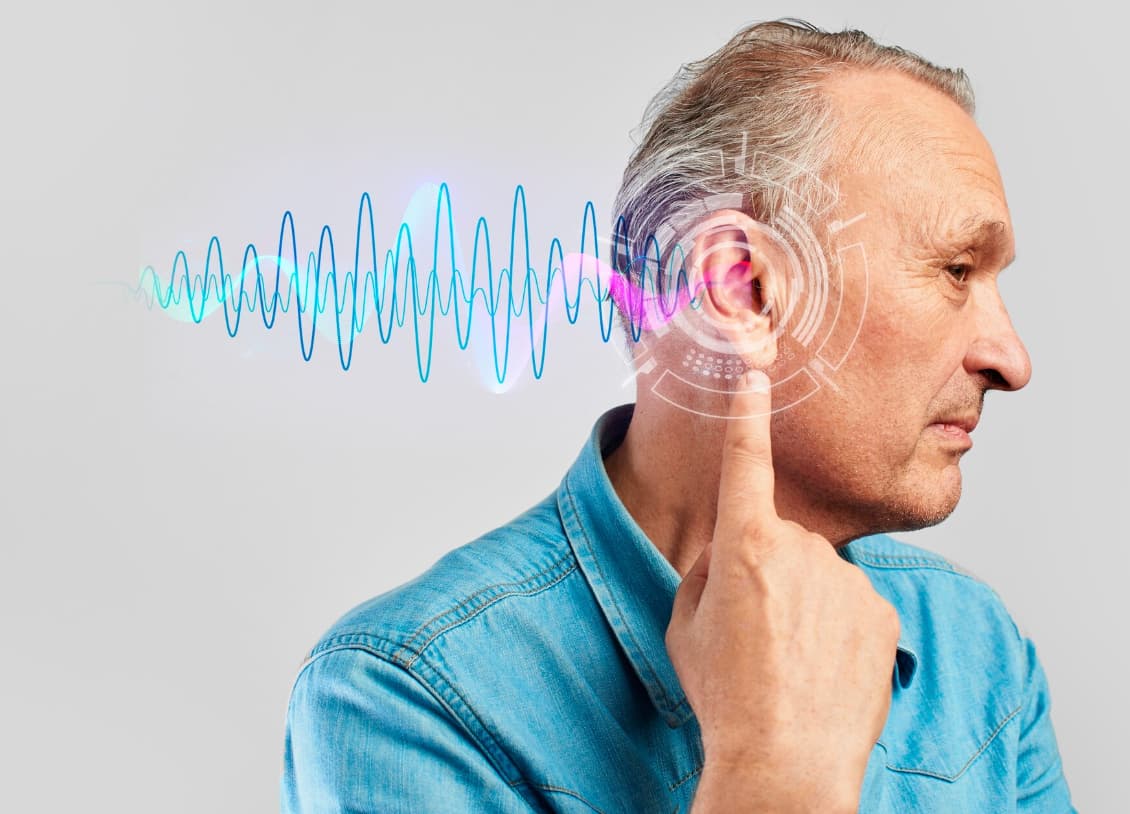What’s the Deal with Earplugs and Tinnitus?
First things first: earplugs don’t directly cause tinnitus. But, like many things in life, it’s not that simple. How you use earplugs can make a difference.
Here’s the scoop:
- Earplugs can make your ears produce more earwax.
- Too much earwax can lead to blockages or infections.
- These problems might cause tinnitus.
So, while earplugs themselves aren’t the bad guys, they can indirectly lead to issues if not used properly.
Why Do Some People Think Earplugs Make Tinnitus Worse?
Here’s an interesting fact: for some folks who already have tinnitus, earplugs seem to make it worse. But here’s the twist – they’re not making the tinnitus worse.
Instead, they’re making it easier to notice. How? By blocking out other sounds that normally cover up the ringing.
Think of it like this: Imagine you’re in a noisy room with a ticking clock. You might not notice the ticking because of all the other noise.
But if the room suddenly goes quiet, that ticking becomes much more noticeable. That’s kind of what’s happening with tinnitus and earplugs.
Are Some Earplugs Better Than Others?
Good news! Some types of earplugs are less likely to cause problems. Let’s break it down:
Best options:
- Wax earplugs
- Moldable silicone earplugs
Why these are better:
- They seal the entrance of your ear
- They don’t go deep into your ear canal
- They don’t mess with your natural earwax
The fancy option: If you can afford it, custom-made earplugs are great. They’re made to fit your ears perfectly.
The common option (use with caution): Foam earplugs are cheap and easy to find, but they go deeper into your ear. This can sometimes cause issues.
How to Use Earplugs Safely?
Using earplugs the right way is super important. Here are some tips to help you out:
-
1. Wear them correctly
Different types of earplugs need to be used in different ways. Always check the instructions!
For foam earplugs:
- Roll them up to make them smaller
- Pull your ear up and back to straighten the ear canal
- Put the earplug in and hold it while it expands
- Make sure it fits comfortably
For wax earplugs:
- Roll the wax into a ball
- Place it over your ear opening
- Flatten it to seal your ear
Remember: If it hurts, take it out right away!
-
2. Keep them clean
Dirty earplugs can cause infections. Here’s how to clean foam earplugs:
- Wash them in warm, soapy water
- Rinse well
- Squeeze out extra water
- Let them dry completely
Pro tip: Foam earplugs don’t last forever. It’s often better to use a new pair rather than washing old ones too many times.
-
3. Keep your ears clean
Clean ears are happy ears! But be careful:
- Don’t use cotton swabs or other objects to clean inside your ears
- Do use ear drops to soften earwax
- Gently rinse with warm water using a rubber bulb syringe
If you’re having trouble or feel pain, talk to a doctor.
When Should You Wear Earplugs?
Earplugs are great in many situations:
- At loud concerts or events
- When sleeping in noisy places (like on a plane)
- To keep water or dust out of your ears
They usually reduce sound by 15-30 decibels. That’s enough to protect your hearing in many noisy situations.
Frequently Asked Questions
- Q: Can earplugs make tinnitus worse?
A: They can make tinnitus seem worse by blocking out other sounds. If you have tinnitus, only use earplugs when you need to, like in very loud places.
- Q: Is it okay to use earplugs every night?
A: It’s usually fine if you use them correctly. But some people might get sore ears or infections. Pay attention to how your ears feel and talk to a doctor if you have concerns.
- Q: When should I wear earplugs?
A: Wear them in loud environments to protect your hearing. They’re also useful for sleeping in noisy places or keeping water out of your ears when swimming.
Also Check: Does Rice Make You Shorter
Conclusion:
Earplugs can be a great tool for protecting your hearing and getting some peace. But like any tool, it’s important to use them correctly.
By choosing the right type of earplugs, using them properly, and keeping them clean, you can enjoy their benefits while minimizing any risks.
Remember, if you’re worried about tinnitus or having any ear problems, it’s always best to chat with a doctor.
They can give you personalized advice and help you take the best care of your ears.
Stay safe, and happy listening!


